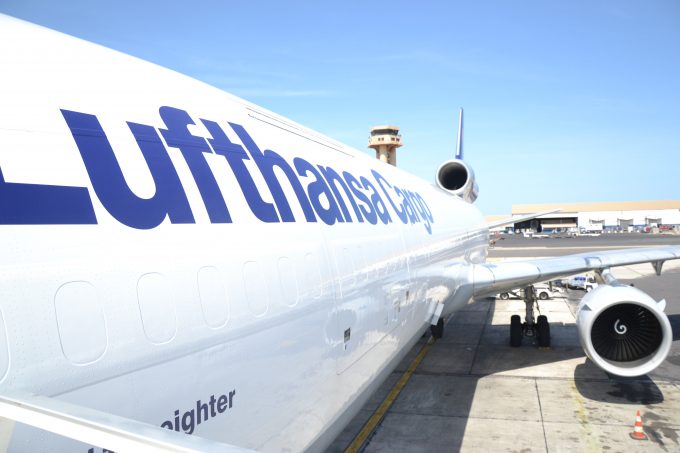The Loadstar Podcast | Transport Logistic and Air Cargo Europe 2025
Missed Munich? Or too many meetings to get out on the floor? In this episode ...

Lufthansa Cargo has defended its decision to charge for paper air waybills, while other airlines look set to follow suit.
In what appears to be a growing wave of impatience over the lack of progress in e-freight, carriers are finally forcing change – and have found support ...

Comment on this article